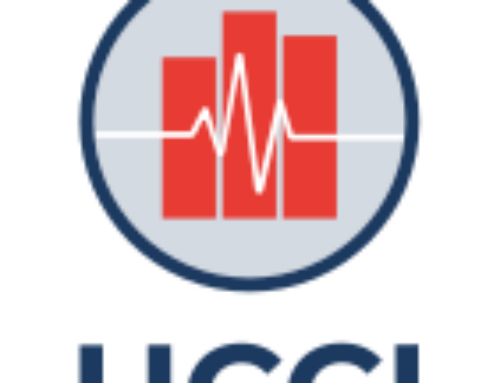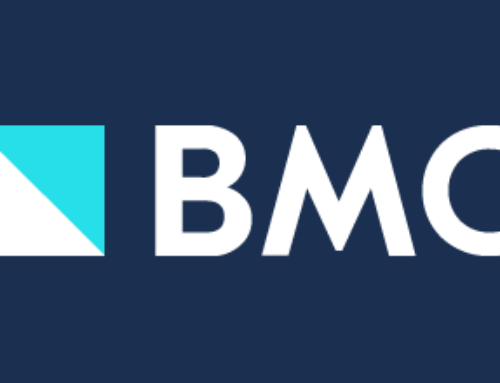CENTER UPDATE | LATE January 2022
In this Issue:
- Registration Open – 2023 Virtual V-BID Summit
- Persisting Gender and Racial Disparities in ASCVD Secondary Prevention Strategies
- Action Opportunities Emerging from the IVI Health Equity Initiative
- Medicare Beneficiaries of Color More Likely to Rely on Unpaid Informal Caregivers
- Pandemic Years Saw a Reduction in Medical Debt
- Employers Unlikely to Reintroduce Cost-Sharing If Allowed
- Medicare Advantage Outperforms FFS Medicare for Diabetes Patients
- States Are Doing What They Can to Cap OOO Costs on Epi-pens & Insulin
- Employers Should Carefully Weigh Benefits of High-Deductible Health Plans
- Record High in U.S. Put Off Medical Care Due to Cost in 2022

Wednesday, March 8, 2023 | 12 - 4pm EST
We are excited to announce that Grace Arnold (National Association of Insurance Commissioners), Joneigh Khaldun (CVS Health), and Christen Linke Young (White House Domestic Policy Council) will participate in the 2023 Virtual V-BID Center Summit keynote panel, titled “Accelerating Health Equity.”
In addition to our distinguished keynote panelists, presenters will represent an array of healthcare organizations, such as Blue Cross Blue Shield of Massachusetts, American Academy of Actuaries, Washington DC Health Benefit Exchange, University of Pennsylvania, and the Innovation and Value Initiative. Panel sessions Equity Implications in Health Plan Benefit Design, Enhancing Access to Essential Medications, and Incorporating Equity into the Determination of Value will drive discussion about improved quality, enhanced patient experience, and cost-containment.
Click on the buttons below to access the program agenda, learn about the speakers, and register for this no-cost event!


Persisting Gender and Racial Disparities in ASCVD Secondary Prevention Strategies
Research has shown that despite increases in statin and aspirin prescriptions following the 2013 American College of Cardiology and American Heart Association guidelines, women and Black patients were less likely to receive statin therapy. A summary of research findings suggests that primary care practitioners are positioned to improve disparities among patients with chronic diseases and people from minority racial and ethnic groups, including Black and Hispanic patients.
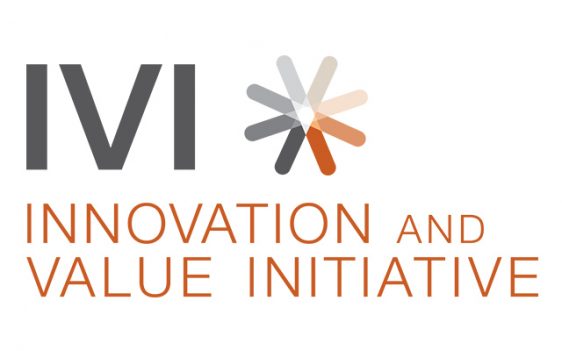
No Value Without Equity: Action Opportunities Emerging from the IVI Health Equity Initiative
The Innovation and Value Initiative (IVI) has launched its health equity initiative with 4 main objectives in mind:
- Advance understanding of the importance of health equity in value assessments
- Identify gaps in data collection, methods of practice, and implications related to health equity
- Develop best practices to mitigate these gaps
- Represent multi-stakeholder consensus about areas for further research, practice change, and policy implications
Visit the initiative webpage for a comprehensive overview, upcoming events, and recent publications.
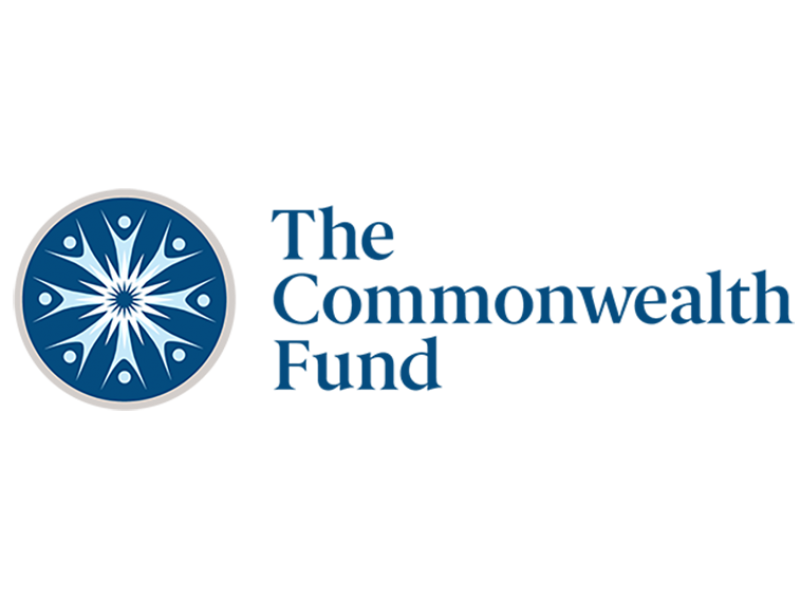
Medicare Beneficiaries of Color More Likely to Rely on Unpaid Informal Caregivers for Home Health
The Commonwealth Fund reports that Black and Hispanic Medicare beneficiaries use more home health care services than white beneficiaries overall, are more likely to rely on unpaid, informal caregivers, and are more likely to have poor health outcomes, such as emergency department visits and hospitalizations. “Medicare home health benefit is not adequately addressing the needs of its beneficiaries in sufficiently lowering access barriers to the highest quality of in-home services and supports,” authors say.
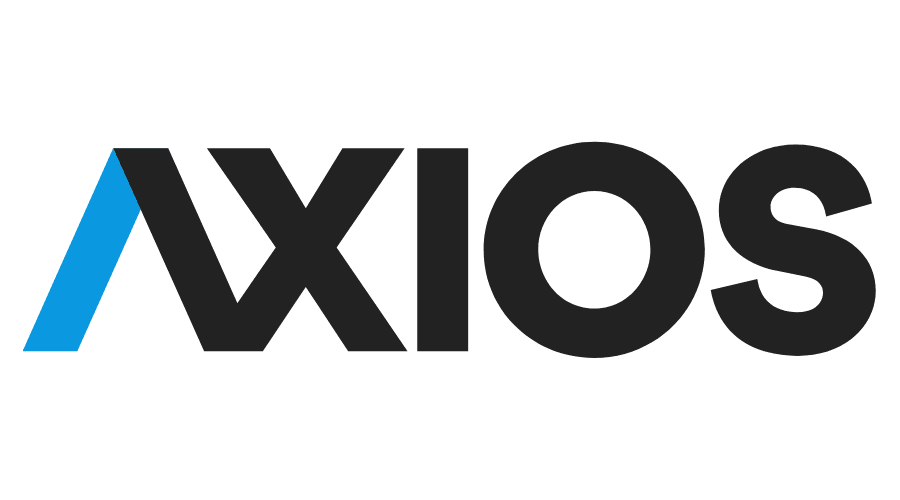
Pandemic Years Saw a Reduction in Medical Debt
A series of findings suggest that pandemic relief legislation has contributed to a decrease in the number of Americans struggling to pay health care costs. Women, the uninsured, and non-Hispanic Black patients were more likely to report problems paying medical bills, while patients in Medicaid expansion states were less likely to have problems covering health care costs. However, medical debt remains a major factor in overall debt in the U.S.


CMS Allows Medicaid to Address Unmet Social Needs
EBRI has published a new infographic that addresses U.S. Supreme Court case Braidwood v. Becerra, which could strike down the ACA Section 2713 mandate, which expands first-dollar coverage of preventive care services for an estimated 167 million Americans. Authors of a recent Commonwealth Fund article argue that striking down provision 2713 would cause fewer people to use preventive services and adversely effect the health and wellbeing of millions. Research analyses show 80% of employers will not impose cost-sharing if allowed, as savings are minimal and would have little impact on overall employer health care spending.


Medicare Advantage Outperforms FFS Medicare on Some Outcomes for Diabetes Patients
A new Avalere Health study suggests that Medicare Advantage has led to better patient outcomes for beneficiaries with prediabetes and diabetes, including lower rates of inpatient hospitalizations, fewer emergency department visits, and lower total medical spending, as compared to similar beneficiaries enrolled in FFS Medicare.

States Are Doing What They Can to Cap OOO Costs on Epi-Pens & Insulin
The Colorado legislature introduced Bill HB23-1002, which would require insurance carriers to cap copays for epi-pens to $60 for a 2-pack. A total of 22 states plus Washington, D.C. have implemented price caps on consumer insulin costs. Additionally, the Inflation Reduction Act of 2022 capped Medicare patients’ out-of-pocket costs for insulin at $35 per month. This policy change has the potential to drastically lower out-of-pocket costs for Americans and reduce cost-related non-adherence for patients with diabetes.
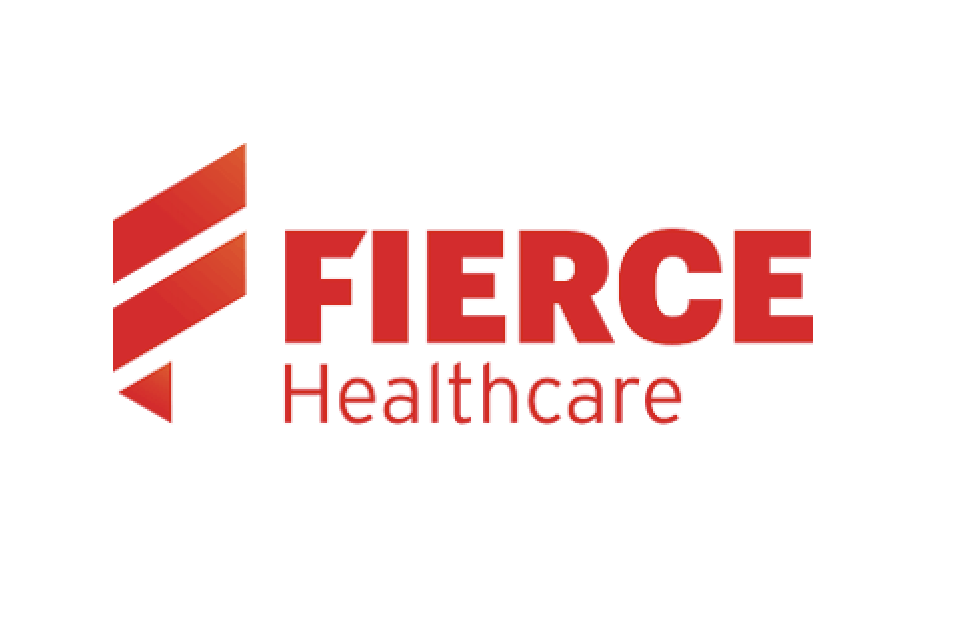
Employers Should Carefully Weigh Benefits of High-Deductible Health Plans
Fierce Healthcare interview with co-author of a recent JAMA Network Open study, Dr. Rozalina McCoy, discusses the dangers of HDHPs for patients with chronic health issues. Findings include that patients with diabetes who switched to HDHPs have 25% increased likelihood of experiencing an emergency department (ED) or hospital visit for severe hyperglycemia, with the odds increasing 5% for each year of HDHP enrollment.


Record High in U.S. Put Off Medical Care Due to Cost in 2022
A record high of 38% of Americans report that they or a family member postponed medical treatment due to cost in 2022, and 27% say medical treatment was for a very or somewhat serious condition. Young adults, those in lower-income households, and women were especially likely to put off medical care.
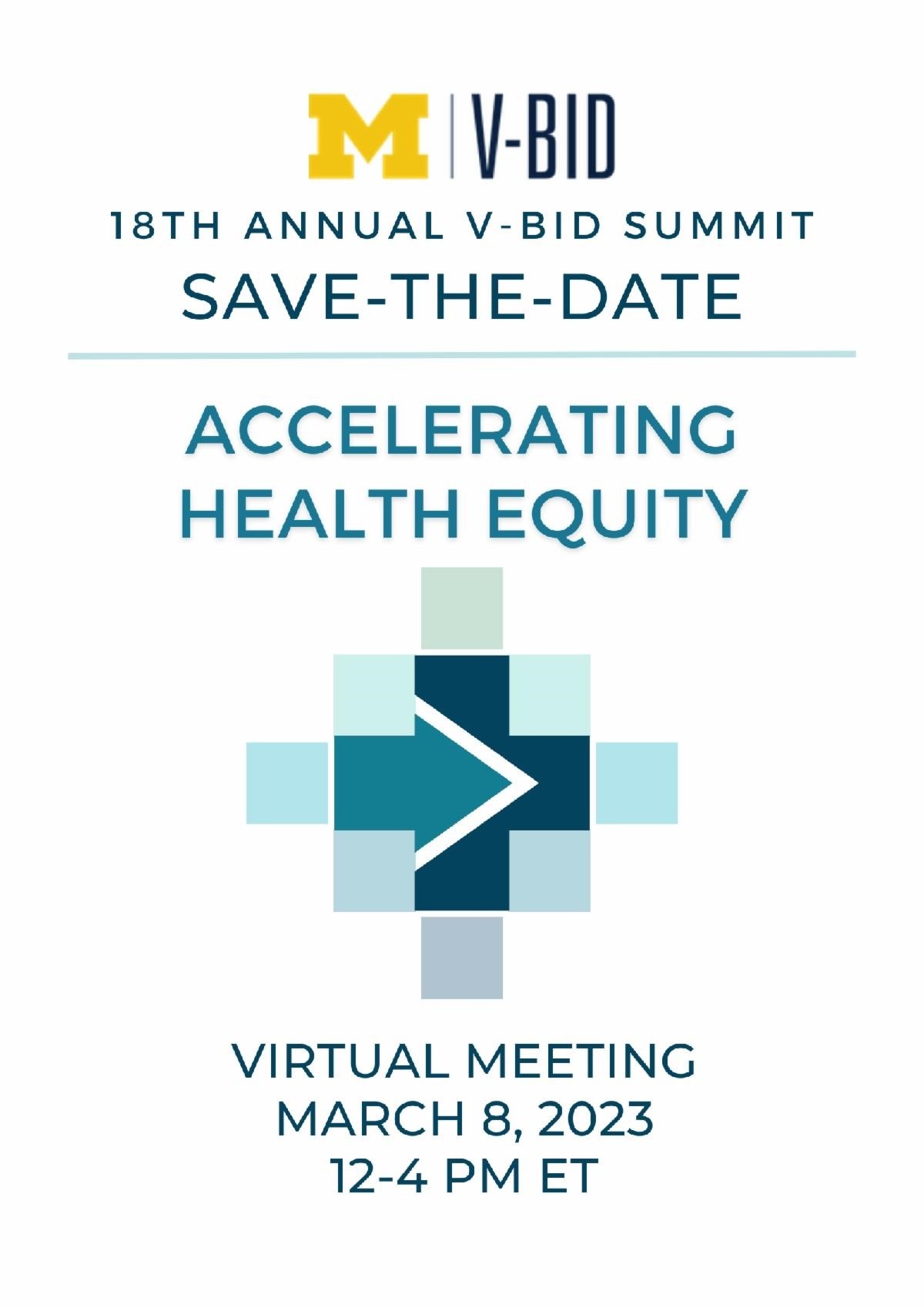

Please Help Support the V-BID Center
As we near the end of 2022, we recognize our accomplishments over the past year and look ahead to all we can achieve at the University of Michigan Center for Value-Based Insurance Design. Generosity from collaborators and friends like you allows us to remain focused on equity enhancing programs that improve access and affordability to essential clinical services
You will play an essential role in the future success of the V-BID Center by making a gift today. Thank you for your support.





